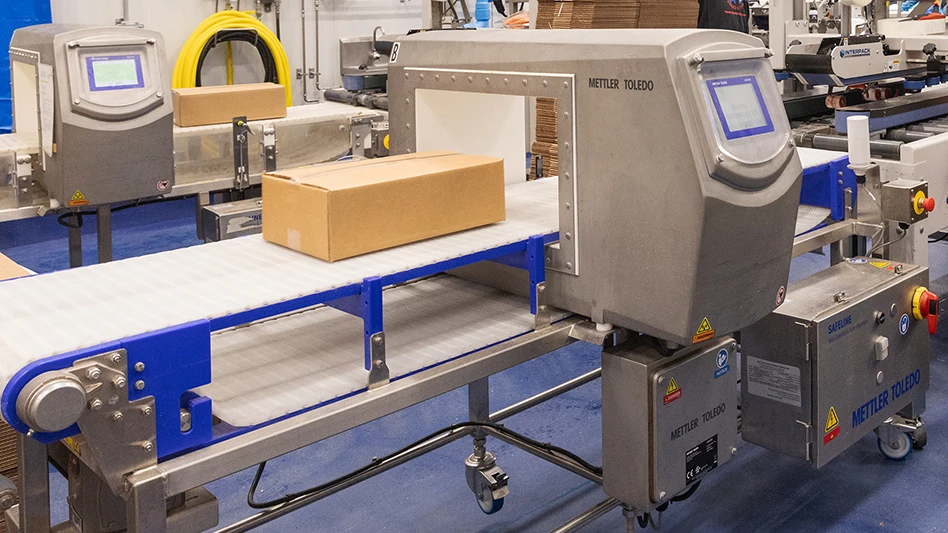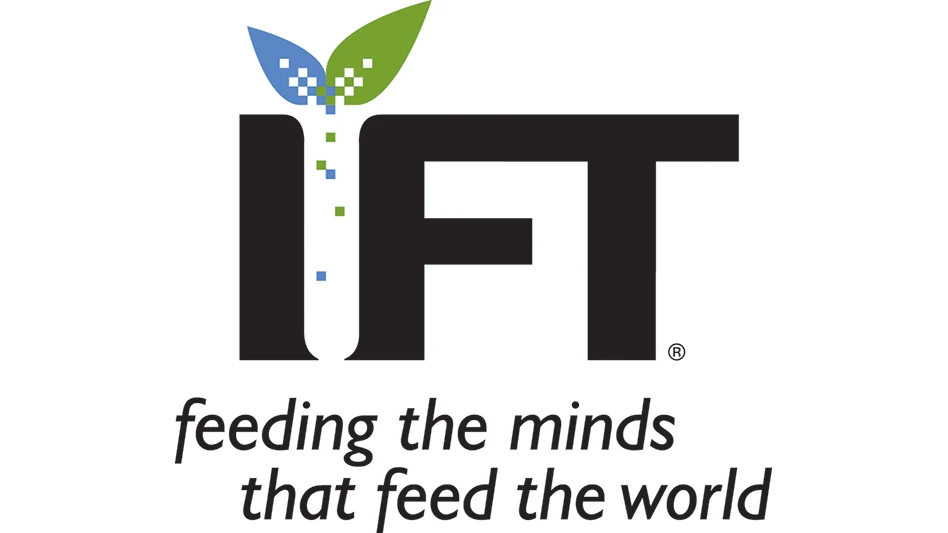
Adobe | Prostock-studio
HARRISBURG, Pa. — Since its peak in 2020 and 2021, cooking at home has decreased slightly, but 64% of Americans are continuing to do so to save money and control their budget, reported the National Frozen and Refrigerated Foods Association (NFRA), with 81% of consumers cooking more than half their meals at home. After gaining confidence in the kitchen during lockdown, Americans are looking for inspiration to DIY healthier meals at home. They are also relying more on online grocery shopping and social media for inspiration on how to use those ingredients.
The NFRA, a nonprofit trade association representing all segments of the frozen and refrigerated foods industry, released these findings as part of its latest “Eating at Home” industry report. The report is the culmination of a large-scale research study conducted to better understand Americans' changing grocery-shopping habits.
To gather data, researchers surveyed more than 12,000 U.S. consumers, and 20 consumers from across the U.S. welcomed researchers into their homes and to their local grocery stores. Additionally, a large-scale analysis of news and social media content helped researchers identify and understand consumer perspectives surrounding frozen and refrigerated foods over the past 18 months up to mid-August 2023.
“This is the largest research undertaking from the NFRA on behalf of the frozen and refrigerated food industry, with the results yielding directional insights for food manufacturers on consumer trends,” said NFRA President and CEO Jeff Rumachik.
HEALTHIER CHOICES. Americans are prioritizing “healthier-for-me” options, especially as they gain control over what ingredients go into their meals, the NFRA reported.
- Taste or flavor (66%), quality of the groceries (65%) and healthiness (49%) determine what consumers are putting in their carts.
- Nearly 3 in 5 consumers (59%) say they began cooking at home using precut frozen fruits and vegetables to save on prep time; using frozen main dishes that are easier to prepare while making their own side dishes; or using frozen fruit in recipes for smoothies or other treats sometime within the past three years.
CONVENIENT, COST-EFFECTIVE OPTIONS. Consumers are making some dishes from scratch while using frozen foods and dairy aisle finds to make their home-cooked meals complete. As shoppers continue to explore new tastes and recipes, they’re also taking notice of increased variety within the frozen and dairy aisles — as well as hunting for deals to help their budget.
- 93% of consumers indicate they buy milk or are always looking out for offers on milk when shopping in the dairy aisle. In that same group, more than two-thirds (68%) are always on the lookout for milk alternatives/flavored milk or indicate they purchase milk alternatives/flavored milk occasionally or frequently when shopping in the dairy aisle.
- 45% of consumers rely on air fryers and 43% use slow cookers to cook and prepare food. As of September 2023, there were 9.7 billion views of videos tagged with #airfryer (Media analysis, Atomik Research 2023).
TECHNOLOGY’S GROWING ROLE. Technology and social media are having a major influence in shifting how and what Americans eat. Consumers are adopting online grocery shopping and looking to social media for cooking inspiration to make eating at home more convenient or to fill in the gaps when they don't have the skillset for making a recipe.
- More than half (54%) of consumers are learning about food and cooking through TikTok and YouTube.
- A third of consumers (33%) prefer to shop for groceries online because automated recommended purchases/programmatic reminders help ensure that they never forget the ingredients they need for recipes.
For more information about the research and its methodology, to read the full report or to contact NFRA, visit nfraweb.com/research.
Latest from Quality Assurance & Food Safety
- IFT DC Section to Host Food Policy Event Featuring FDA, USDA Leaders
- CSQ Invites Public Comments on Improved Cannabis Safety, Quality Standards
- Registration Open for IAFNS’ Fifth Annual Summer Science Symposium
- Leaked White House Budget Draft Proposes Shifting Inspection Responsibilities from FDA to States
- Chlorine Dioxide: Reset the Pathogenic Environment
- Ferrero Group Invests $445 Million in Ontario Production Facility
- Nelson-Jameson Announces Grand Opening for Pennsylvania Distribution Center
- Taylor Farms Linked to Romaine E. coli Outbreak as Marler Clark Files Multiple Lawsuits Against Supplier





